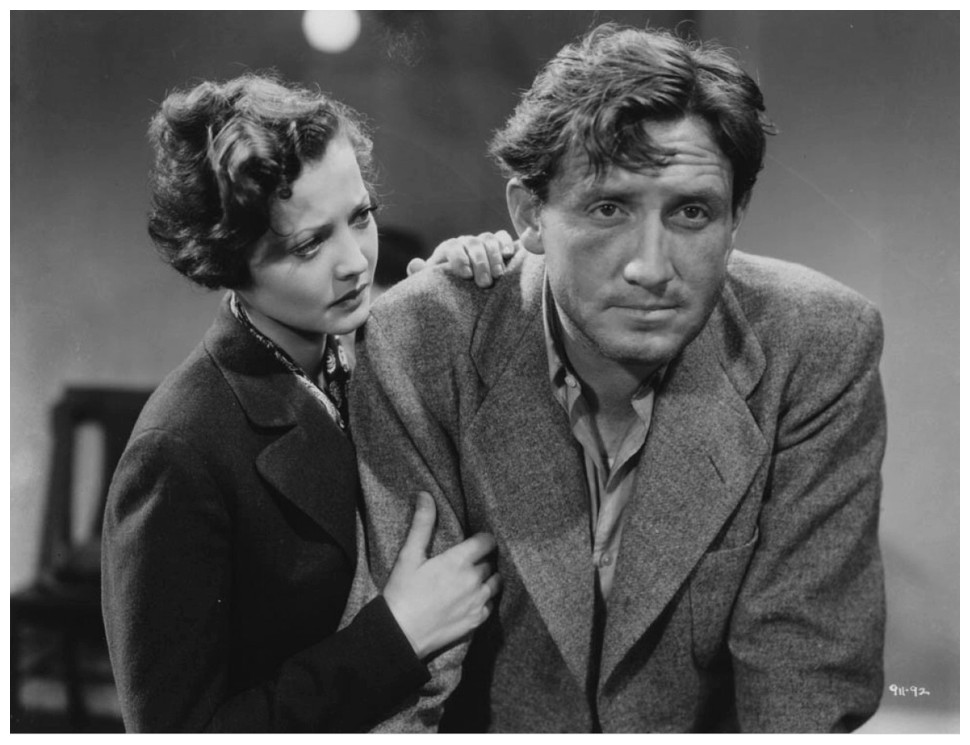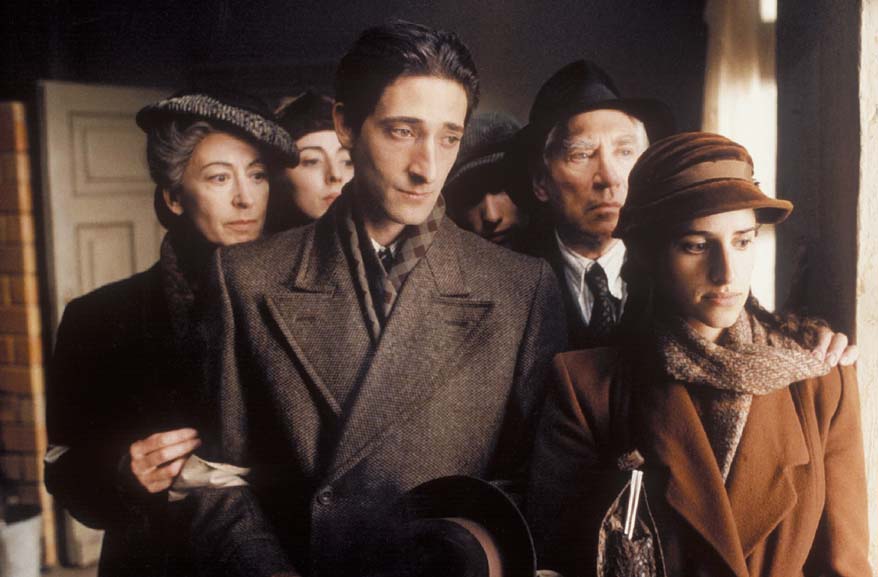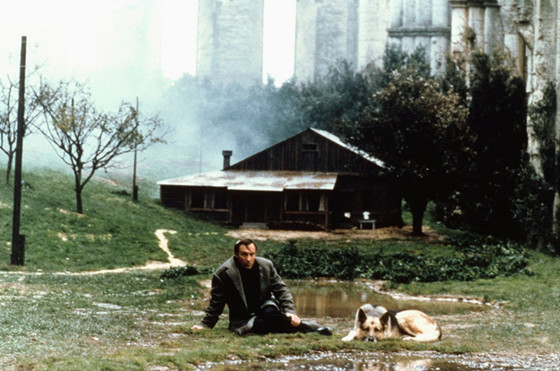5. The Trial (1962)
Orson Welles in France, self artistic and personal exile from the US.

What happened? Orson Welles returned to Europe after years in Italy and a brief return to Hollywood, and he went to France and was offered the film.
Welles shuffled across the globe in pursuit of his acting, filmmaking, stage and radio work, and the list goes on. He was almost a citizen of the world but when he landed in France, he was able to make what he even states, “Say what you like, but ‘The Trial’ is the best film I have ever made.”
The film is pure Wellesian in terms of composition, narrative, and mood. He adapted the novel from Franz Kafka and created a film with unparalleled set design, tracking shots with low angles, and surrealist imagery. There is no frame of this film that doesn’t dazzle the audience’s eyes, regardless of whether they don’t know where they are or what’s happening. Its fits the claustrophobic, dark comedic dream logic of the film.
It is hard not to be memorized as Anthony Perkins’ Josef K runs around in the maze like world of bureaucratic building, apartment complexes, and a stick wooden corridor. Was Welles feeling this after “Touch of Evil,” betrayed by Hollywood and the system yet again? Was he lost in a maze like K and felt accused of a crime he didn’t commit or even the charge? Should Welles apologize for making artistic masterpieces to his accord instead of rubbish popcorn movies? Certainly one hundred percent not!
Welles’ “The Trial” might be his most personal film in exile instead of his Shakespeare adaptations or noirs because he invents a film of pure creativity, while staying true to Kafka’s novel, and possibly his own inner thoughts at the time.
6. Fury (1936)
Fritz Lang in US, first film in US after fleeing Nazi Germany.

What happened? Fritz Lang was forced to flee Germany from the Nazis for being Jewish.
When Joseph Goebbels offered Fritz Lang the chance to make films for Nazi Germany, he fled the next day. After a stop in France where he made “Liliom,” he finally settled in America to start a long career in Hollywood.
Lang didn’t lose a step when making his first film in English and in America, he made one of his very best. With great performances from the leads, Spencer Tracy and Sylvia Sidney, co-written with Bartlett Cormack, cinematography from Joseph Ruttenberg, and with the backing of Joseph L. Mankiewicz, he was able to bring his techniques, pre-film noir elements, and those amazing hunts against one man to film.
The film is about how Tracy’s Joe Wilson survives a lynch mob and goes after those who falsely accused him. Was Lang commenting on how the Nazi wrongly accused Jews only for the sake of being Jews? Is Tracy a stand in for Lang himself or the entire Jewish nation? It’s hard to distinguish the parallels in 1936 when the film was released.
Nonetheless, Lang’s confident direction grounded in style and substance makes for not only a great English language debut, but a great film, period.
7. The Pianist (2002)
Roman Polanski back in France/Poland after being labeled a fugitive by US.

What happened? After being labeled a fugitive by the United States government in 1978 for statutory rape, Polanski escaped back to Europe.
After four decades of filmmaking, he directed “The Pianist,” a film about a Jewish pianist named Wladyslaw Szpilman surviving World War II. He created one of his greatest films.
The film must have been tremendously personal to Polanski, whose mother died in the Krakow Ghetto in World War II and he hid in a barn until the end of the war. Szpilman is a survivor in the film, going from respected musician to concentration camp prisoner to eventually hiding in bombed-out Warsaw.
Polanski is a survivor having survived the Holocaust, the tragedy of having his pregnant wife murdered, and being exiled from his adopted homeland of the United States, and out of all his personal and professional experiences, it bleeds into this film.
Adrian Brody gives an unparalleled performance of a man trying to survive. How can one not weep when Szpilman imagines playing the piano while hiding in Warsaw. He was escaping his situation through the arts as Polanski was expressing his pain and survival through his. Or not feel the pain when Szpilman’s frail body wearing a German coat to keep cold or his glances of what is going on around him. Despite the background of the filmmaker, the film is a testament to the history of Polanski’s survival and filmmaking career.
8. Nostalghia
Andrei Tarkovsky in Italy, censorship from native USSR.

What happened? With an increase in censorship and lack of support from Mosfilm, Tarkovsky was forced to work and get funding elsewhere from his native Russia.
Andrei Tarkovsky is one of cinema’s giants, but here he created a film with his trademarks but in an unfamiliar land. Therefore, he brought all the pain and suffering to the film about a Russian poet in an unfamiliar land searching for the lost works of an exiled composer.
The film unfolds in long takes, voiceover over complicated yet simple imagery, and dream sequences, but its not only the techniques but the themes of the film that bleed from Tarkovsky himself. The longing for his native Russia, the loneliness of everyday life, the nostalgia of your previous existence, and the connection within the arts worldwide are shown throughout the film.
It is truly hard to distinguish the difference between the art and the artist in the case of “Nostalghia” – could this film have even been made if Tarkovsky didn’t experience a separation from his native Russia? Probably not. He manages to express what he was feeling in such a prolific way through the vocabulary of his filmmaking that he had been doing for over 20 years prior. Most directors would fail and create a auto-biographical representation of themselves.
However, for Tarkovsky, perhaps it was the Italian language or the searching for Erland Josephson’s Domenico or Beethoven’s Ninth Symphony that he couldn’t have been visualized with being home. It was through his traveling and exploration of a non-familiar land, that his characters so often explore, he was able to create a film that is indistinguishable from his own life, only while being in exile, never returning to the USSR.